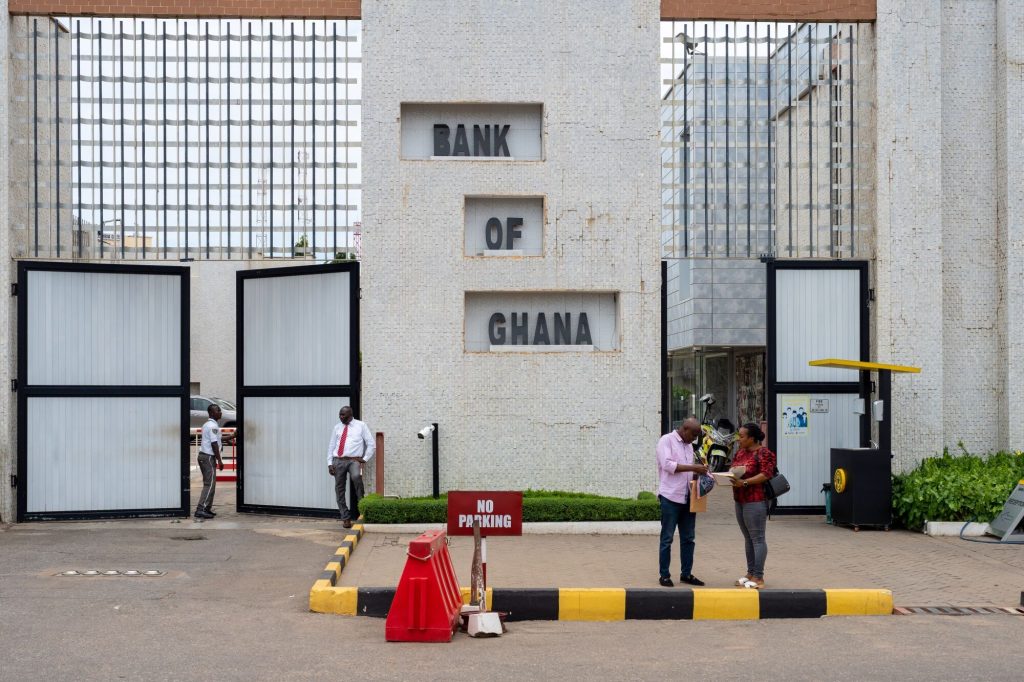Ghana’s central bank decided to maintain its main interest rate at 27.00% on Friday, citing concerns over food price increases that have driven consumer inflation higher for the second consecutive month. While inflation has eased significantly over the past year, the central bank noted that the pace of decline has slowed since its last monetary policy meeting.
The central bank explained that inflation projections indicate a slightly higher trajectory, driven by volatile food prices. In a statement, it noted that food price increases remain a key concern.
In October, year-on-year inflation in Ghana edged up to 22.1%, up from 21.5% in September. The bank now expects inflation to meet its medium-term target of 6% to 10% by the fourth quarter of 2025, pushing back its earlier forecast of reaching that goal by the third quarter.

Ghana, the world’s second-largest cocoa producer, defaulted on much of its $30 billion external debt in 2022, following years of excessive borrowing. However, it is close to fully emerging from this default after completing a long debt restructuring process.
The government of President Nana Akufo-Addo secured a three-year, $3 billion bailout from the International Monetary Fund (IMF) in 2023 and is nearing the final stages of the process required for the funds to be disbursed.
Commercial banks in the country have built sufficient capital buffers to withstand the impacts of the external debt restructuring, according to the central bank.
The IMF’s executive board is set to meet on December 2nd to approve the third review of Ghana’s $3 billion programme, which will unlock a $360 million loan tranche.
